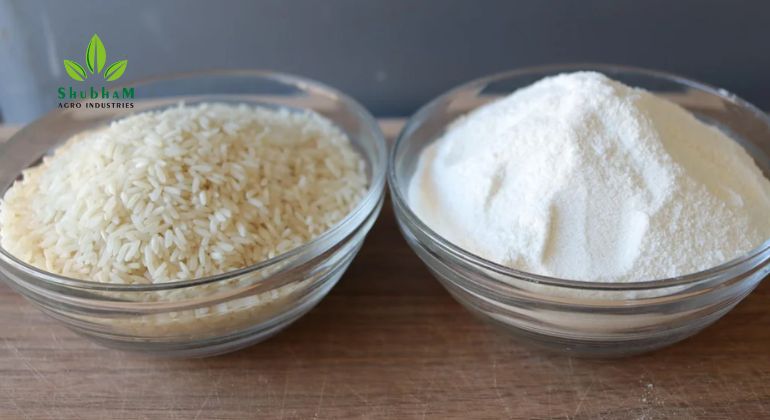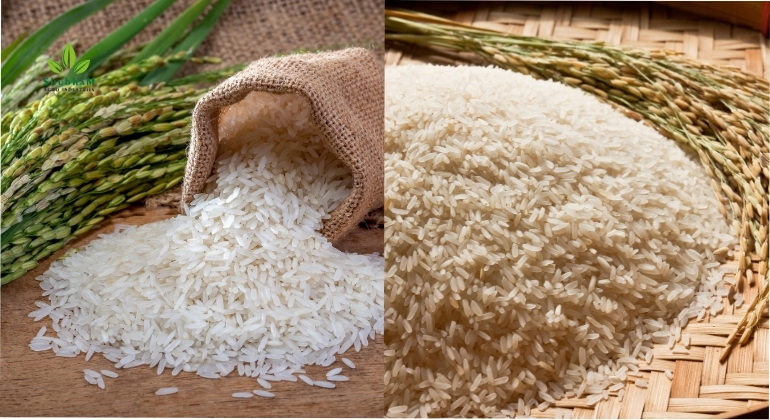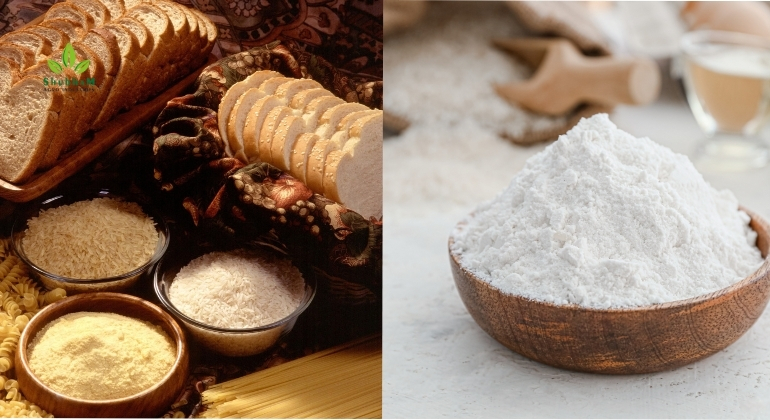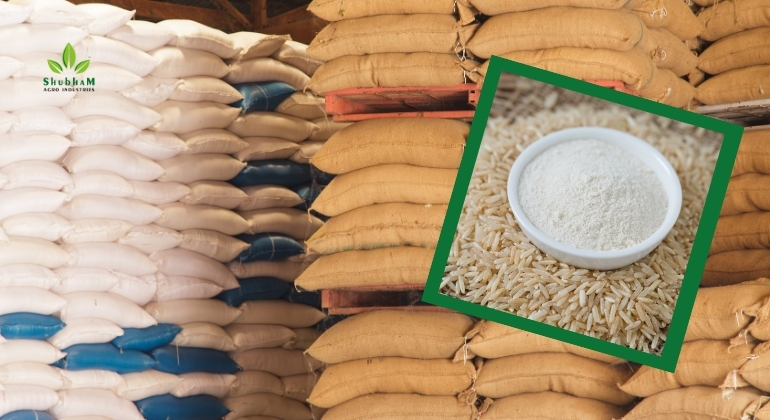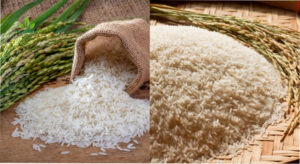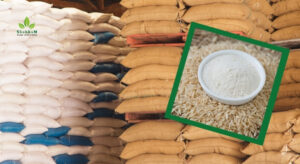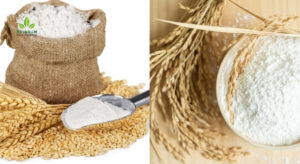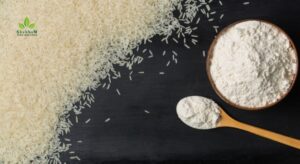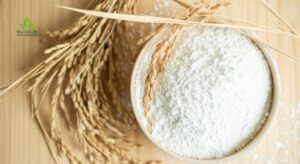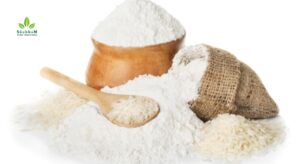What Are the Nutritional Benefits of Rice Flour?
Rice flour, a staple ingredient in many cultures around the world, has gained popularity due to its versatility and numerous health benefits. Derived from finely milled rice grains, it serves as an excellent alternative to wheat flour, especially for those with gluten intolerance or celiac disease. Beyond its role as a gluten-free substitute, rice flour offers a range of nutritional benefits that contribute to a balanced and healthy diet. In this blog post, we will delve into the various nutritional advantages of incorporating rice flour into your meals.
1. Gluten-Free Alternative
One of the most significant benefits of rice flour is that it is naturally gluten-free. This makes it an essential ingredient for individuals with celiac disease, non-celiac gluten sensitivity, or those who choose to follow a gluten-free diet. Unlike wheat flour, rice flour does not trigger the adverse reactions associated with gluten consumption, such as digestive discomfort, inflammation, and other related health issues.
2. Rich in Carbohydrates
Rice flour is an excellent source of carbohydrates, which are the primary energy providers for the body. Carbohydrates are crucial for fueling physical activities, maintaining proper brain function, and supporting overall bodily functions. Including rice flour in your diet can help sustain energy levels throughout the day, making it particularly beneficial for athletes and active individuals.
3. Low in Fat
For those looking to manage their fat intake, rice flour is an ideal choice. It is naturally low in fat, which makes it suitable for low-fat diets. This quality helps in reducing the risk of cardiovascular diseases and promoting heart health. Additionally, the low-fat content of rice flour contributes to weight management by keeping calorie intake in check.
4. Source of Protein
White rice flour is not as protein-rich as some other flours, it still provides a modest amount of this essential macronutrient. Protein is vital for the growth, repair, and maintenance of tissues in the body. It also plays a role in immune function and the production of enzymes and hormones. Combining rice flour with other protein sources can help ensure a balanced intake of this important nutrient.
5. Packed with Fiber
Brown rice flour, in particular, is a good source of dietary fibre. Fibre is essential for maintaining digestive health by promoting regular bowel movements and preventing constipation. It also aids in controlling blood sugar levels, reducing cholesterol, and supporting weight management by promoting a feeling of fullness. Incorporating brown rice flour into your diet can enhance your overall fibre intake and contribute to a healthy digestive system.
6. Rich in Vitamins and Minerals
Rice flour contains various vitamins and minerals that are beneficial for health. It is a good source of B vitamins, including niacin, riboflavin, and thiamine, which are important for energy metabolism and maintaining proper nervous system function. Additionally, rice flour provides essential minerals such as magnesium, phosphorus, and manganese, which are crucial for bone health, energy production, and antioxidant defence.
7. Hypoallergenic Properties
Rice flour is known for its hypoallergenic properties, making it suitable for individuals with food allergies or sensitivities. It is less likely to cause allergic reactions compared to other common flours, such as wheat or soy flour. This makes rice flour a safe option for those with multiple food allergies or sensitivities.
8. Versatility in Cooking and Baking
Beyond its nutritional benefits, rice flour is incredibly versatile in the kitchen. It can be used in a variety of recipes, from baked goods like bread, cakes, and cookies to savoury dishes such as noodles, pancakes, and sauces. Its neutral flavour and fine texture make it an excellent thickening agent for soups and stews, providing a smooth and consistent texture.
Conclusion:
Incorporating rice flour into your diet offers numerous nutritional benefits, from being a gluten-free alternative to providing essential vitamins and minerals. Its versatility in cooking and baking makes it a valuable addition to any kitchen, catering to various dietary needs and preferences. Whether you are looking to manage rice gluten intolerance, boost your energy levels, or enhance your overall nutrient intake, rice flour can be a nutritious and delicious option to explore.
